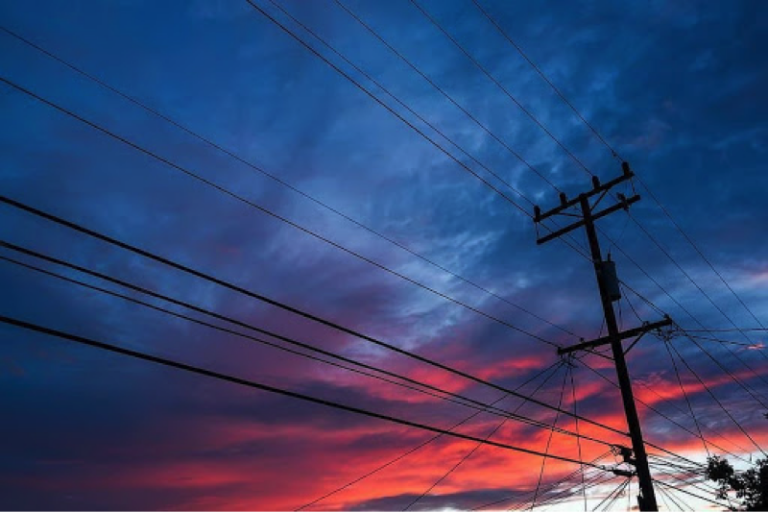On Sept. 8, the Michigan Public Service Commission (MPSC), in an order, gave a stark assessment of the state of Michigan’s grid that likely rings true with the tens of thousands of ratepayers that have lost power over the last few weeks: “Put bluntly, Michigan’s distribution reliability is inadequate, and current plans for improvements are insufficient.”
The order is the latest action in the MPSC’s proceeding where it is requesting the utilities lay out their plans for strengthening the grid, reducing the high level of power outages in the state and moving toward a more metric-based, sophisticated approach to distribution grid planning (for more background see previous posts from CUB here and here).
The MPSC’s action suggest the regulators mean it when they say that the status quo is unacceptable and needs real change. “Ensuring safe and reliable power for Michigan customers is a paramount tenet of the Commission’s mission, yet its regulated utilities have been failing to meet this standard. The Commission will be taking additional action to address this substandard performance in the near future,” the order states.
The MPSC supported recommendations made by Attorney General Dana Nessel that the utilities be required to include in their distribution plans forecasted metrics for the level of reliability improvements they expect and the benefits that these improvements will provide. Requiring this step is important to ensure that reliability is not just improved but also improved without excessive burden placed on the ratepayer.
The order also agreed with the AG that utilities should “benchmark their reliability performance measures… against peer companies in the industry and identify areas of improvement.” That recommendation mirrors one that CUB made in its comments that “utilities should report the timeline at which they believe they can achieve [reliability metric] performance that is within a reasonable range of median and averages for utilities in neighboring states, based on [U.S. Energy Information Administration] data.”
CUB has been a strong supporter of the use of performance-based regulation (in which utilities are penalized financially if they fail to hit performance metrics, like the number of power outages over a period of time) and the MPSC agreed with our comments that the utilities’ proposed financial incentives and penalties were insufficient. By the end of this year, an MI Power Grid workshop will be issuing guidance on this topic of penalties and incentives.
But there are also instances where the MPSC did not act on recommendations made by CUB or other involved parties. For example, CUB and a number of other groups such as the Environmental Law and Policy Center, Vote Solar, the Michigan Environmental Council, the Ecology Center and the Natural Resources Defense Council asked that the MPSC require distribution plans to be “contested cases,” in which parties like CUB have a chance to fully scrutinize what the utility is proposing. The order did not address that recommendation, although that doesn’t mean that the MPSC cannot take similar actions in the future.
We will have more thoughts moving forward, but those are CUB’s initial reactions to the order.

